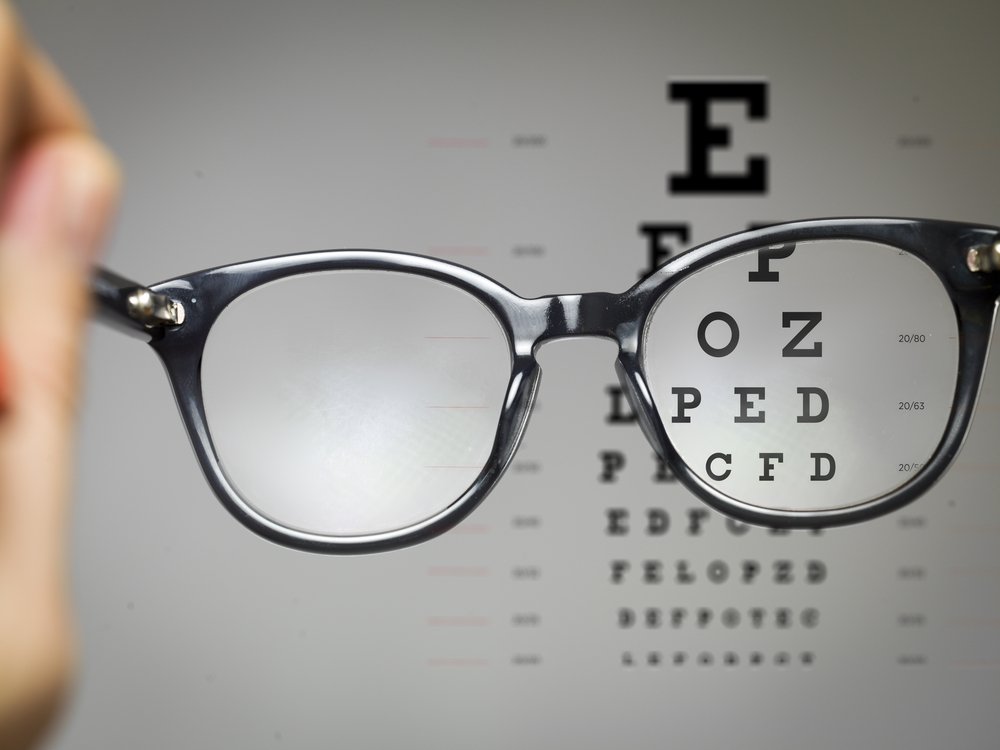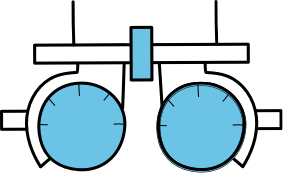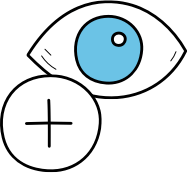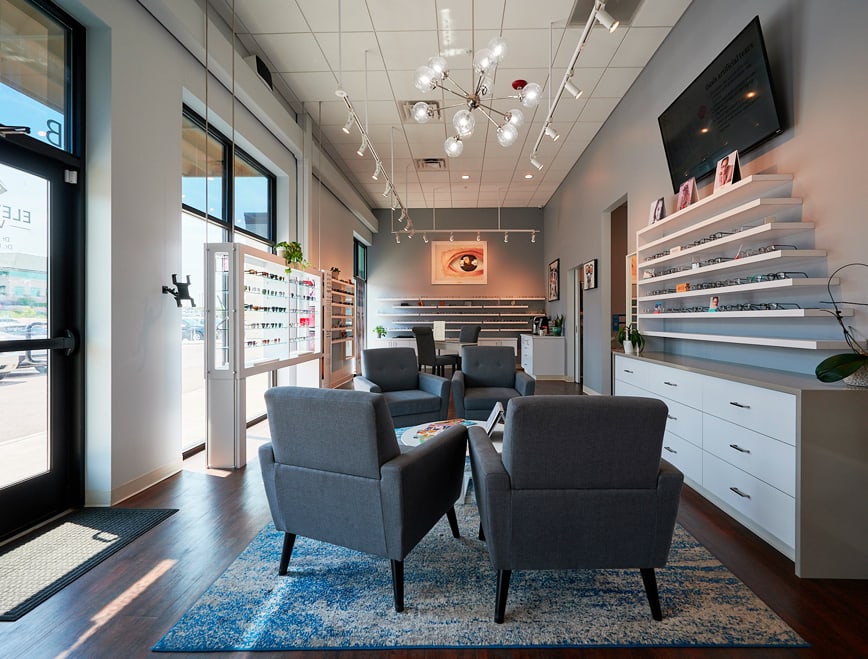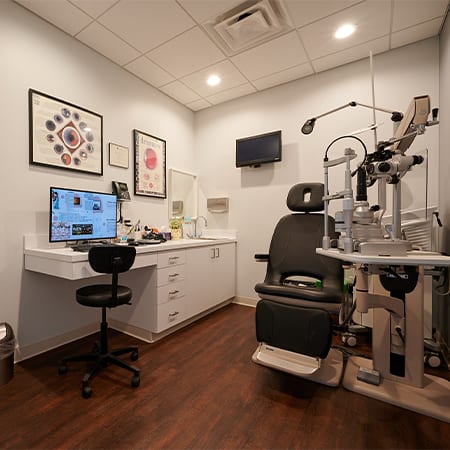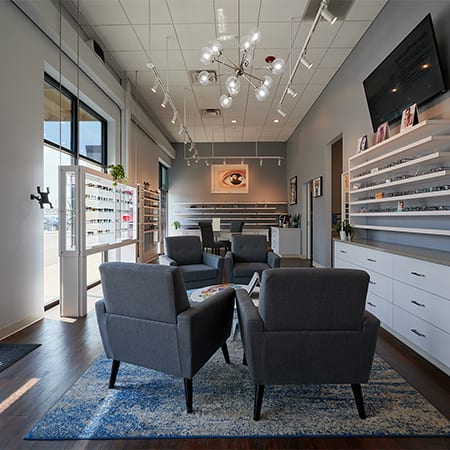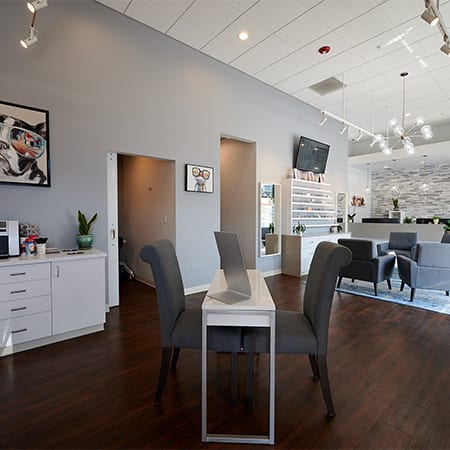Much like your family physician, there are a variety of reasons for which you visit the eye doctor’s office. Physicians offer several different services in order to provide the best care and prescription plan based on your needs and diagnoses. Your optometrist is no different. From a general eye check up to specialty contact services, your local optometrist should assess and detect when something is wrong. So what are these services and when do you need them? How often should you get an appointment? What’s the difference between just an eye check and a vision screening, for example? The answer is based on what these services can offer, and on your current eye health condition(s).
A General Overview
An optometrist is the doctor of your eyes. They are educated to detect health problems that may not be recognizable to a general MD. In fact, more illness starts in the eye and a thorough eye check up can help prevent disease that occurs elsewhere in the body. The duties of an optometrist are generally the same, however, they can focus more on one service than others in the field. Optometrists are skilled to provide vision screenings, manage conditions such as glaucoma and dry eye, provide low-vision aids, conduct vision tests and vision therapy, fit and prescribe eyeglasses and contact lenses, and more.
When surgery needs to be performed, an optometrist calls on the assistance of an ophthalmologist. These doctors are skilled to perform eye surgeries but are also capable of diagnosing and prescribing as well. Both are specialized eye doctors with extensive knowledge to offer the best services for your current condition.
Vision Screening Vs. Comprehensive Eye Exams
Vision screening is provided by your doctor or a pediatrician office. These offer the basic screenings to ensure positive eye health and sight. However, the family MD is only capable of looking for obvious signs of unhealthy vision or impairments. Should they recognize something questionable, they’ll then refer you to an optometrist for a deeper look into the matter. Vision screenings are necessary, but they don’t always catch the problem. You may be having an eye issue, visit your doctor for a screening, and they don’t notice anything unusual. An optometrist can further investigate the problem.
A comprehensive eye exam is the next step after vision screening. When your doctor has detected something wrong, you’ll be referred to an optometrist. This type of exam is about 70-90 minutes long and covers visual acuity, cover test, tonometry (glaucoma) test, refraction, retinoscopy, visual fields test, slit lamp, and dilation. All of these exam services will depend on the health of your eyes and how long it has been since your last eye check up. A comprehensive eye exam will tell you if you’re near or far sighted. Exams can also ease the apprehension of parents whose children struggle with focus in school.
Which Service Do I Need?
You’ll need to seek the care of your local optometrist so they can determine which type of eye check up you need. If it’s been a few years since your last eye exam, you’ll need to call your local optometry office to schedule an appointment. From there they can guide you with whatever additional exams you may need.
There is more to your eyes than what’s on the surface, such as eye color. The eyes signal when distress is going on in the body, too. When was the last time you had an eye check up? The specialists at Elevation Vision make each visit comfortable while they help you on the road to better eye health. Contact them for a comprehensive eye exam appointment!


